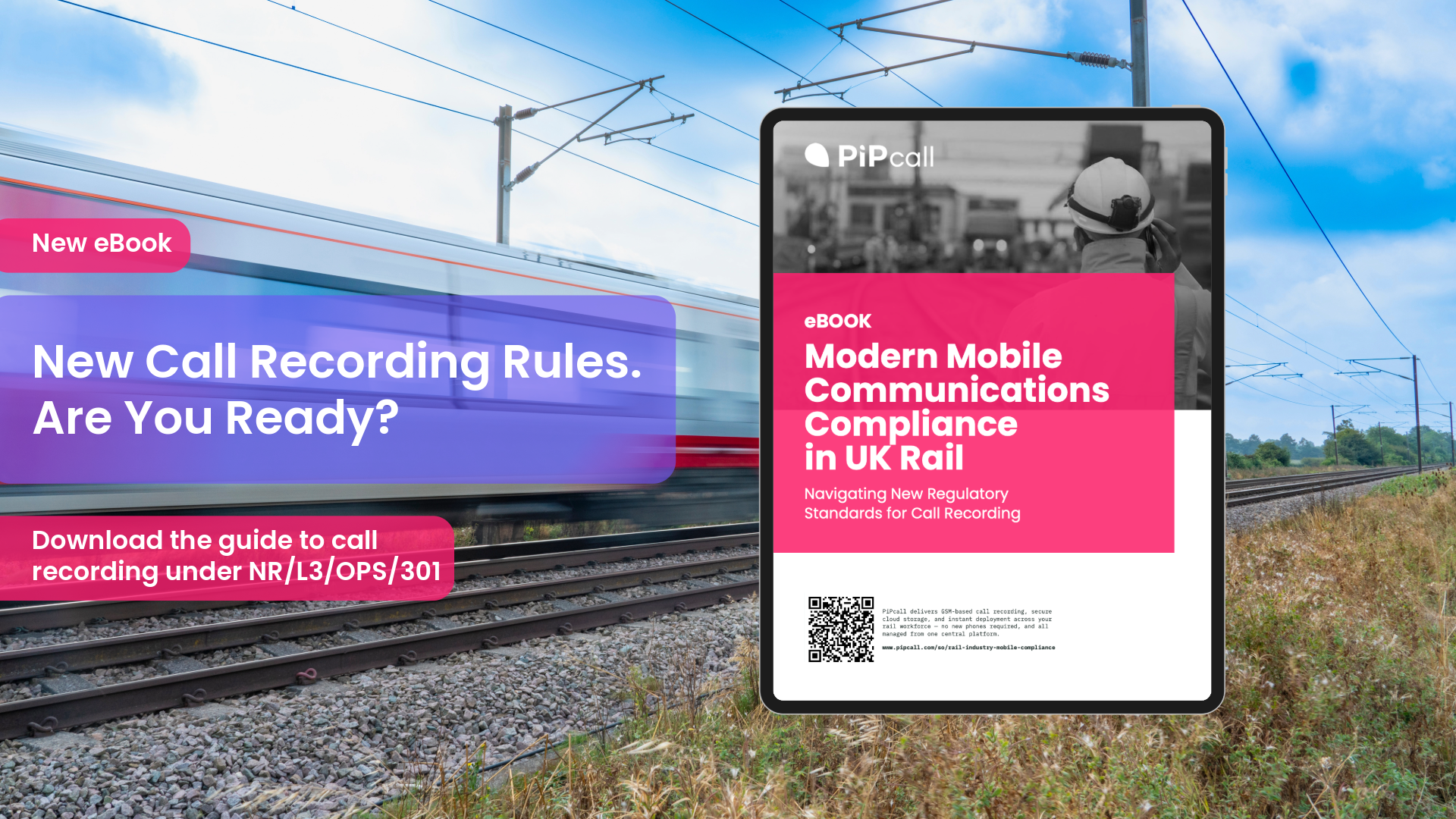Recently, eSIM technology has emerged as a groundbreaking advancement in mobile connectivity. Unlike traditional, physical SIM cards which need to be inserted into a device, eSIMs are fully digital – embedded within the device itself. This shift from physical to digital has significant implications for how we manage mobile networks and devices. But how exactly does the technology work?
What is eSIM Technology?
eSIM, or embedded SIM, is a digital version of the traditional SIM card. It is a small chip embedded directly into a device, such as a smartphone, tablet or smartwatch. This chip performs the same functions as a physical SIM card, including connecting to mobile networks, managing subscriptions and ensuring secure communications. However, unlike traditional SIM cards, eSIMs do not need to be physically inserted or removed.
How does eSIM technology work?
1. Embedded chip functionality
eSIM technology is built into a device's motherboard, which means it is a permanent part of the hardware. An embedded chip contains all the essential information needed for network connectivity and can be simply activated by scanning a QR code or using an app. The information includes the International Mobile Subscriber Identity (IMSI) and authentication keys, which are crucial elements for identifying the device on the network and securing communication between the device and the carrier.
2. Over-The-Air (OTA) Provisioning
One of the key advantages of eSIM technology is the way it can be managed remotely through a process known as OTA provisioning. This means that instead of inserting a physical SIM card into the device, network operators can download the necessary data directly to the eSIM chip via the internet. This process involves several steps:
Profile Download: When an IT manager or user activates an eSIM, the carrier sends a digital profile to the device. This profile contains all the information needed to connect to the mobile network.
Secure Installation: The profile is downloaded and securely installed onto the eSIM chip. The process is encrypted to prevent unauthorised access and ensure data integrity.
Activation: Once the profile is installed, the device can connect to the carrier’s network, just like it would with a physical SIM card. The activation is fast and totally eliminates the need for physical SIM.
3. Multiple profiles
Unlike traditional SIM cards, eSIMs can store multiple network profiles on a single chip, allowing users to have several phone numbers or network plans on one device. Switching between profiles can be done effortlessly through the device’s settings or a carrier app, without the need for a physical SIM swap. This is particularly useful for international travellers who want to seamlessly switch between different networks, wherever they are.
{{blog-cta-01}}
4. Remote Management
eSIM technology offers enhanced flexibility in managing mobile subscriptions. For example, IT administrators can remotely manage eSIM profiles for a fleet of devices in a corporate environment. This capability simplifies device management, especially in organisations with many employees who need frequent updates or changes to their network settings.
Key business eSIM benefits:
At PiPcall, we offer eSIM solutions for businesses – from unlimited calling, texting and browsing to enhanced packages that include call routing, personalised greetings and email voicemails. All of these features lead to a host of benefits that guarantee your business communicates in the most effective, efficient way:
- Cost efficiency: Eliminating physical SIM cards lowers logistics, shipping and replacement expenses and can lead to savings on international data plans.
- Scalability: eSIMs support business growth by simplifying the management of multiple devices across various locations and carriers.
- Faster set-up: eSIMs allow you to immediately connect new devices, bypassing the wait time associated with physical SIM card activation and delivery.
- Enhanced tracking: eSIMs offer real-time tracking and better oversight of the networks and services used by employees.
- Sustainability: By cutting out physical SIM cards and their packaging, eSIMs help reduce plastic waste and promote more eco-friendly practices.
- Seamless user experience: Employees can switch devices or networks without handling physical SIM cards, making transitions smoother and more efficient.
- IoT connectivity: For businesses with multiple Internet of Things (IoT) devices, eSIM technology simplifies the process of connecting them to mobile networks.
Optimise your business with PiPcall
eSIM technology represents a significant evolution in mobile connectivity, offering enhanced convenience, flexibility and security compared to traditional SIM cards. By embedding the SIM functionality directly into devices and enabling remote management, eSIMs streamline connectivity and simplify mobile operations.
If you think eSIMs would benefit your business, start your journey with PiPcall. Simply register for an account on our online portal to instantly order eSIMs for your teams. If you need more information, read our FAQs or contact our sales team on 0330 094 8080.


.png)



